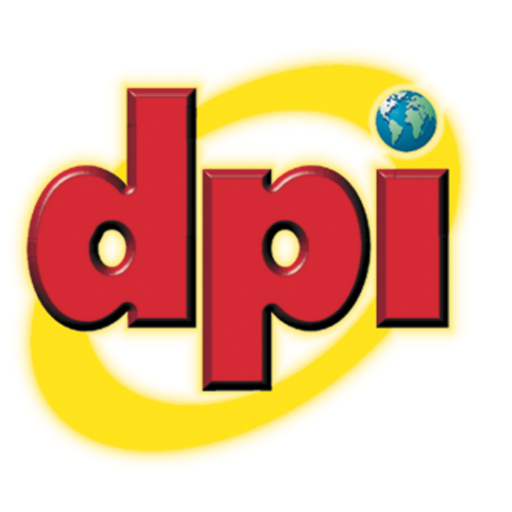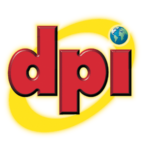
search engine optimization (SEO) plays a crucial role in driving organic traffic to your website. One of the key components of SEO is on-page optimization, which involves optimizing individual web pages to rank higher in search engine results pages (SERPs). In this article, DPI SEO services will provide you with a comprehensive on-page SEO checklist to help you improve the visibility and performance of your web pages.
Introduction to On-Page SEO
On-page optimization refers to the practice of optimizing individual web pages, including the use of strategic techniques and strategies, to improve their visibility and relevance to search engines. Whether you’re looking for local or national SEO services, it involves enhancing the content, structure, and HTML markup of a web page to maximize its online presence.
Keyword Research and Analysis
Before optimizing your web page, it is essential to conduct thorough keyword research and analysis. Identify relevant keywords and phrases that your target audience is searching for, and incorporate them strategically throughout your content.
Optimizing Page Titles and Meta Descriptions
Page titles and meta descriptions are crucial elements for seo on page optimization. Craft compelling and keyword-rich titles and meta descriptions that accurately describe the content of your web page and entice users to click through from the search results.
URL Structure and Permalinks
Ensure that your URLs are concise, descriptive, and contain relevant keywords. Use hyphens to separate words in the URL structure, and avoid using excessive numbers or special characters.
Heading Tags and Content Organization
Utilize heading tags (H1, H2, H3, etc.) in on page seo checklist to structure your content and make it more readable for both users and search engines. Use H1 tags for the main title of your page and incorporate relevant keywords in your headings.
Keyword Placement and Density
Strategically place your target keywords throughout your content in on page optimization, including in the first paragraph, subheadings, and naturally within the body text. However, ensure that the keywords are used in a natural and organic manner, and avoid overstuffing them.
Image Optimization
Optimize your images by compressing them to reduce file size without compromising quality. Use descriptive filenames and alt tags that include relevant keywords to improve the accessibility and search engine visibility of your images.
Internal Linking
Include internal links within your content to help search engines discover and navigate through your website is very important in on page seo checklist. Link relevant pages together using descriptive anchor text, as it can enhance the user experience and improve your website’s overall SEO.
User Experience and Mobile-Friendliness
Ensure that your web pages are user-friendly and accessible across different devices and screen sizes. Optimize your site’s design and layout, use responsive web design techniques, and make sure your content is easy to read and navigate on mobile devices.
Page Load Speed and Technical Optimization
Improve your website’s performance by optimizing page load speed. Minimize file sizes, enable browser caching, and optimize your code to ensure fast and efficient page loading. Additionally, fix any technical issues, such as broken links or error pages, to provide a seamless user experience.
Schema Markup and Structured Data
Implement schema markup and structured data on your web pages to provide additional context to search engines. This can enhance the visibility of your content in search results and enable rich snippets, such as star ratings, reviews, and event information, to appear.
Social Sharing and Open Graph Tags
Integrate social sharing buttons on your web pages to encourage users to share your content on social media platforms. Implement Open Graph tags to control how your web pages appear when shared, allowing you to optimize the title, description, and image preview.
Optimizing for Featured Snippets
Strive to optimize your content for featured snippets, which are highlighted information boxes that appear at the top of search results. Provide concise and relevant answers to commonly asked questions to increase your chances of being featured.
Do you know the best way of SEO copywriting techniques?
Monitoring and Tracking Performance
Regularly monitor and analyze the performance of your web pages using tools like Google Analytics and Search Console. Track key metrics such as organic traffic, keyword rankings, and user engagement to identify areas for improvement and measure the success of your SEO efforts.
Conclusion
In conclusion, on page seo optimization is a vital aspect of optimizing your web pages for better search engine visibility and user experience. By following this comprehensive checklist, you can enhance your on-page optimization efforts and drive more organic traffic to your website.




